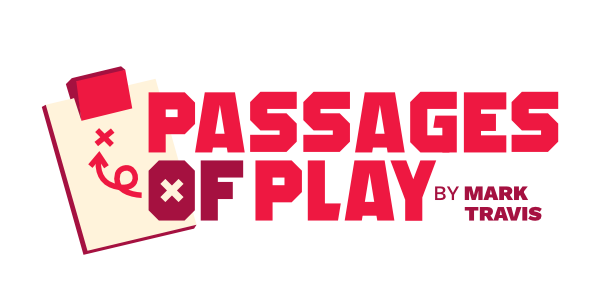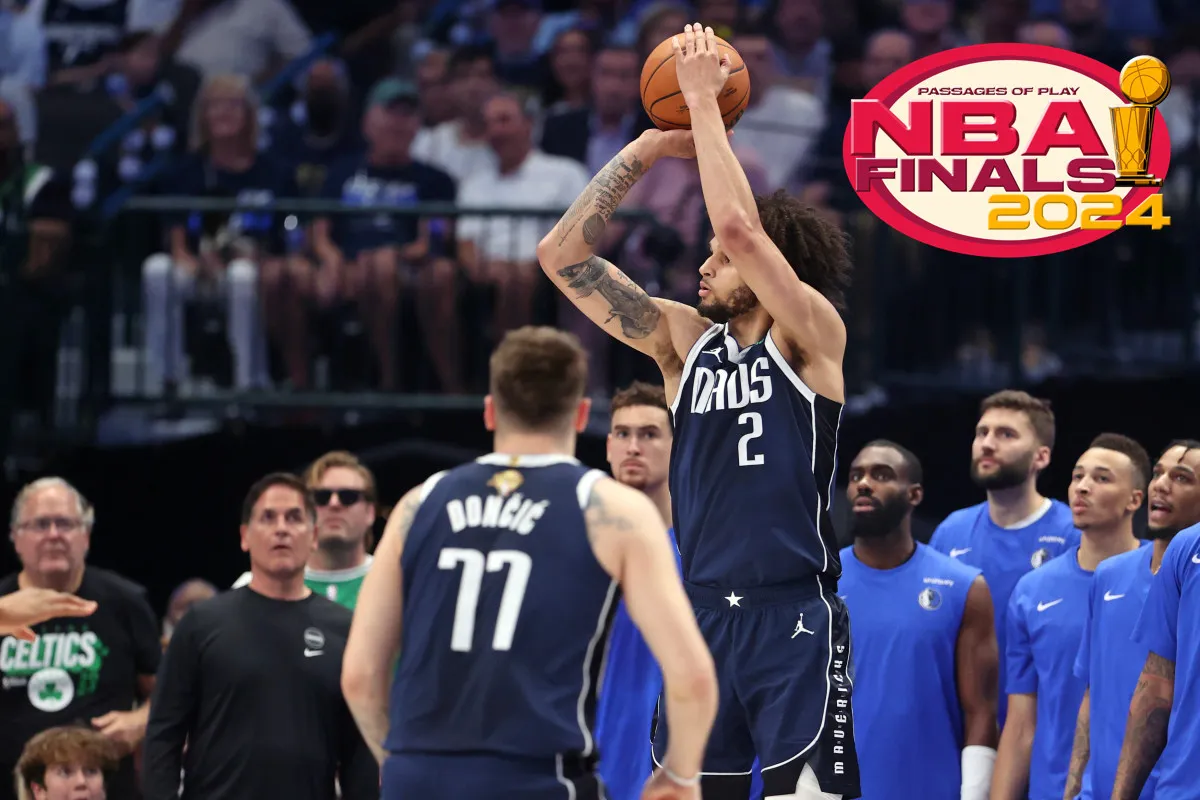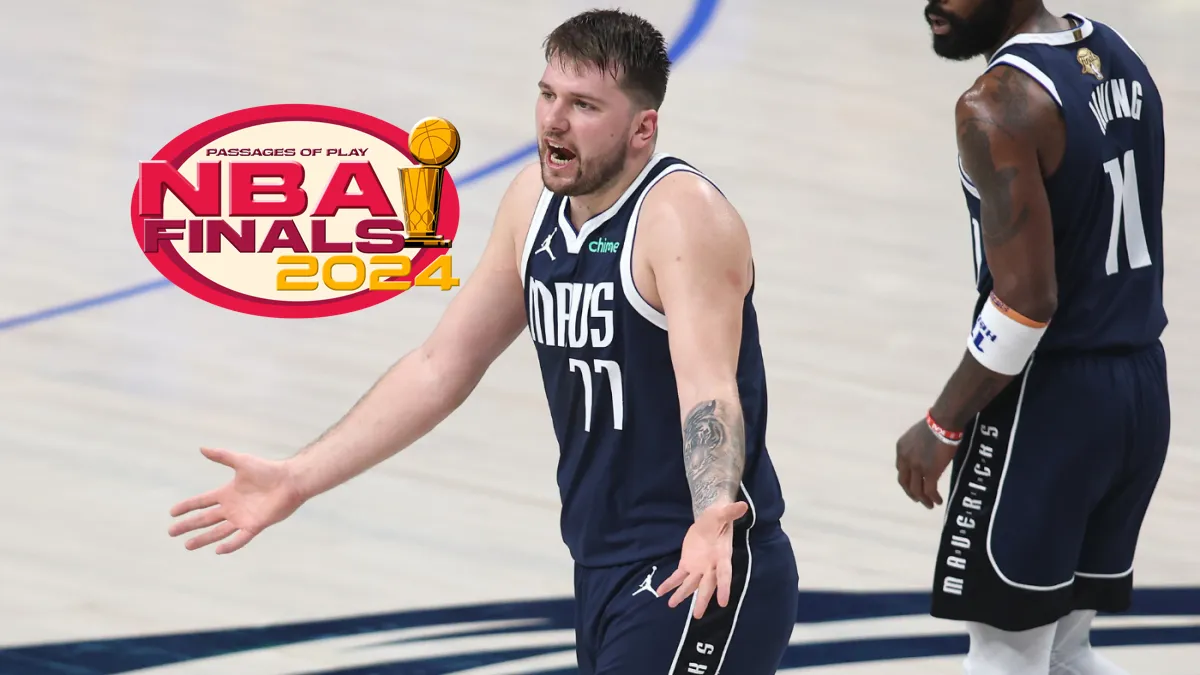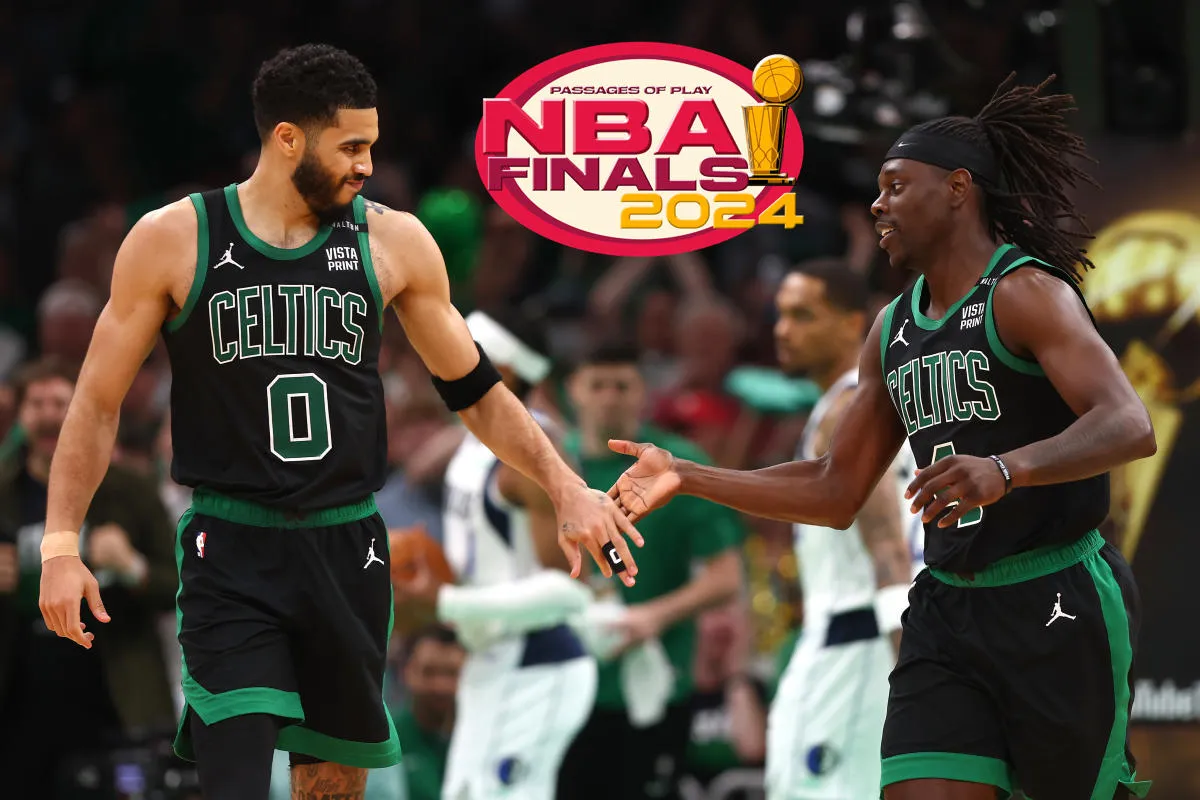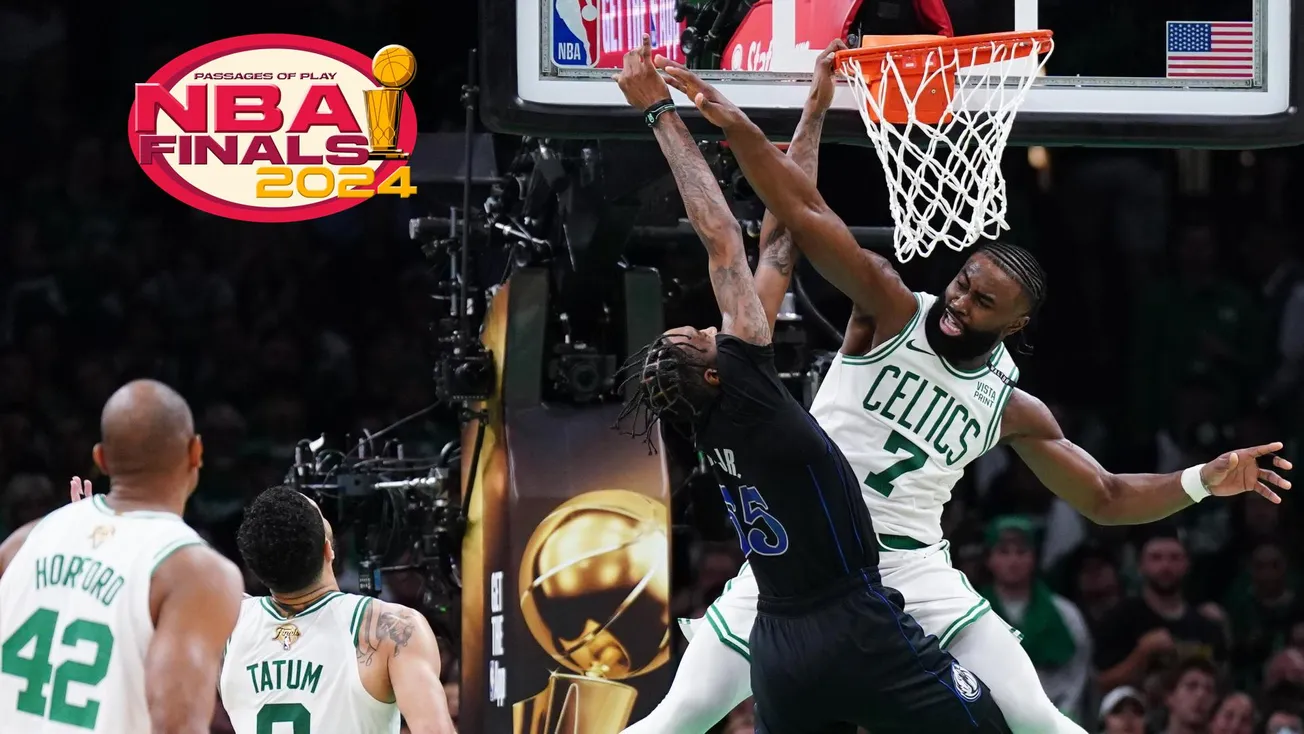Table of Contents
In any form of competition, it is human instinct to start playing it cool when you sense you are being had. To hide your shame with indifference, your rage with a forced smile. Damn bro, chill out. It's not that serious.
It is that serious to the Timberwolves, whose mouths are foaming as their teeth dig into to their prey. The star-laden Suns do not appear very high on the food chain, not after what Minnesota has done to them in the first two games of this opening round series. Phoenix has neither fought nor run; it has succumbed to a voracious opponent, feigning calm in an attempt to dissuade Minnesota from playing with its food. Up 2-0, the Wolves have left no meat on the bone.
It's a surprise, somehow, that the NBA's best halfcourt defense is this good, even though the gap between Minny and OKC's No. 2 halfcourt defense was the same as the gap between OKC and No. 12 Memphis. Matchups matter, after all, and Phoenix had the Timberwolves' number, crushing them in all three of their regular season meetings, including the all-important Game 82 that set up this postseason affair.
Unfortunately for the Suns, Minnesota seems all too aware of how this matchup has been portrayed, and while Phoenix worked to create its best run of form down the stretch in order to secure a safer seed, the Timberwolves have hit their stride just as the records reset to 0-0. They've turned up the dial to a level even the Footprint Center's DJ is afraid to go near. Defense begetting decibels of the natural variety from a Wolves crowd ready to feast after years of postseason famine.
The league's stealth nerf on foul calls around midseason has been building to this point, a playoff night where three of the league's top 10 offenses scored below 100 points. Overall, teams have failed to reach the century mark on 10 occasions in the first four days of the postseason - and that's without including the Magic and Cavaliers, who are threatening to drop off of NBATV and become the first playoff series to go straight to DVD. The more grappling that is allowed, the more imposing the Timberwolves will be, because this is wicked stuff.
A bad example, perhaps, given that a foul was called on this play. But it's emblematic of the commitment level here, the spirit, the got-that-dawg-in-him hauteur that permeates from the team's best player to seemingly every player Chris Finch puts on the floor around him.
OK, I will concede this: It helps that the players around Anthony Edwards are some combination of a soon-to-be 4-time Defensive Player of the Year (Rudy Gobert), two of the best perimeter defenders in the sport (Jaden McDaniels and Nickeil Alexander-Walker), two of the most mobile centers in the league (KAT and Naz Reid) and a sage elder comparting wisdom from a certain Gritty-n-Grindy postseason regular whom the Wolves are starting to resemble (Mike Conley). A team overflowing with length, athleticism, guile and appetite.
The Suns, as talented as they are, do not possess a single deft or sturdy operator who can withstand the level of ball pressure that is typically allowed in the postseason, and certainly not the kind of on-the-ball contact that has been permitted during the past week. Durant, Booker, Beal, all capable of an 8-assist night here-and-there, none capable of seeming composed while bringing the ball up the floor against a pack of Wolves defenders who detect the pheromones of an anxious Bambi-in-the-backcourt.
To wit, the possession game is deciding this series. When that gnarly Minnesota defense isn't forcing Phoenix to recreate a 2009 Lakers' shot chart from memory, the Suns can't stop giving the ball away. This is entirely in line with regular season trends: The Suns ranked 25th in turnover rate, Minnesota fifth in forcing miscues. The T'Wolves had 31 points off of turnovers in Game 2 (the Suns had two). Through two games, Phoenix has 35 giveaways, and 35 assists.
Everything is overcast for the Suns, a repeat of the forecast that doomed them in the second round against Denver last season. Once Chris Paul went down injured and the totality of the creative burden fell on Booker and Durant, Denver brought Jokic closer to the level of the screen, packed the paint behind him and begged Landry Shamet, Josh Okogie and Cameron Payne to hit open shots. They missed them all (basically). Terrence Ross might have been Phoenix's most dangerous ancillary gunner in that series. He is now a Twitch streamer.
The Suns, in a series of moves that will define, if not deflate, the next half-decade for the franchise, decided to respond to that crippling lack of spacing and depth primarily by tripling down on their expensive collection of three-level scorers. Were this to be a prudent stratagem, it would require Phoenix general manager James Jones to replicate his playing career with masterful work on the margins of the roster.
Grayson Allen was a perfect addition, leading the league at 46 percent from deep on 6 attempts per game, giving the stars room to breathe. He shot 10-of-16 against the Wolves in the regular season, but he's averaging more sprained ankles per game than made 3s in this series. Eric Gordon still looks like the ideal third guard, even at 35, but the fact that he's had more juice off the bounce in Games 1 and 2 than Phoenix's star triplets is more concerning than reassuring. In the trenches, Jusuf Nurkic and Drew Eubanks require tall doorways but are small in stature, dwarfed by a Minnesota frontline with the menace to match its measurables.
Frank Vogel isn't helping, at least not as much as the Suns thought he would. An upgrade on Monty Williams, to be sure, but who wouldn't be. Vogel has a history of reinforcing his team's spine, building cohesive, competitive defensive units around Roy Hibbert and Anthony Davis (the Orlando files have been redacted). Spare a thought regarding DeAndre Ayton's fit within that lineage; wherever you land, Nurkic is far less inspiring avatar.
Vogel's crowning achievement came in the Bubble, where his rather bland offensive predilections were supplanted by LeBron's galaxy brain. Conversely, Phoenix's collective offensive intuition doesn't even approach the ozone layer, poor taste dimming great talent. There's a difference between making reads and manufacturing them. A bucket is not the same as a basket.
Thing is, when three-fifths of your lineup is comprised of versatile bucket getters, paradoxically you aren't that versatile. It's not even a matter of the "one ball" dilemma that dominated the discourse around Kevin Durant and Russell Westbrook; the stark contrast between Durant and Westbrook's distinctive ethos was actually their greatest strength. Durant, Booker and Beal all approach the game too similarly, taking a deliberate, methodical approach to unpacking their bags on a given possession. Minnesota is too prepared, too agitated to let them their finish sentences. The Suns can't trim the fat; more meat for the Wolves.
The Suns scored under 100 points only five times during the regular season (including once against Minnesota, albeit in a Phoenix win), but Chris Finch's Wolves can quickly turn outlier into ordinary. In holding Phoenix below 100 in the first two games of this series, Minnesota has redefined the parameters of this matchup. Names with Hall-of-Fame heft have been made to sound remarkably unthreatening; new voices are starting to rise. That is what is most impressive, or perhaps most foreboding, about this team: Just how much joy Minnesota gets from telling the Suns how good their flesh tastes. Suffocating and insufferable. Bark and bite.
These Wolves howl at the moon, and snarl at the Suns.∎
